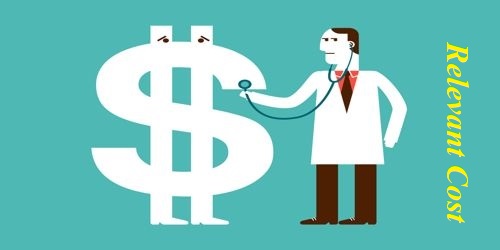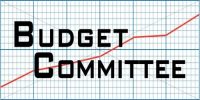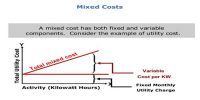Relevant Cost: A cost that is pertinent to the decision being made. To be relevant, a cost must be a future expected cost that differs between alternatives. Relevant costs are those costs that will make a difference in a decision. Future costs are relevant in decision making if the decision will affect their amounts. These costs include expected costs to be incurred as well as benefits forgone when choosing one option over another (opportunity costs). These costs change in the future as a direct cause of that management decision.
For example, say that you want to enlarge the number of books that your business produces subsequently year in order to boost your sales returns, but the cost of paper has just shot up. Should you take the cost of paper into concern? Entirely — that cost will influence your bottom-line income and might reverse any enlarge in sales volume that you experience (unless you increase the sales price). The cost of paper is a relevant cost.
Types of Relevant Costs:
- Future Cash Flows,
- Avoidable Costs,
- Opportunity Costs,
- Incremental Costs.
















